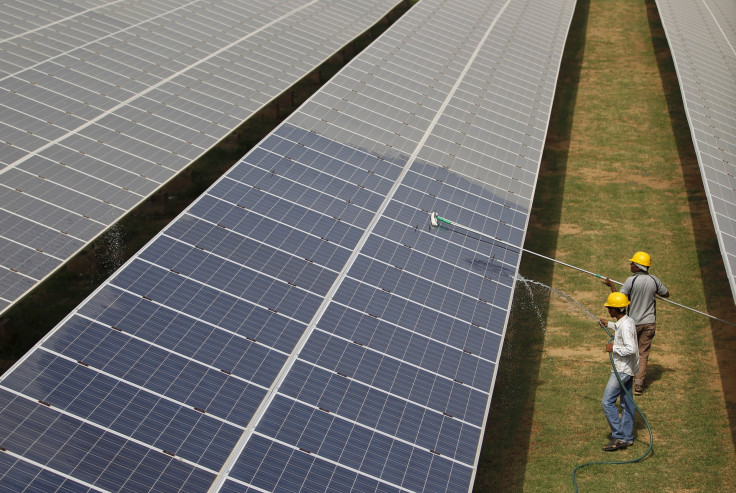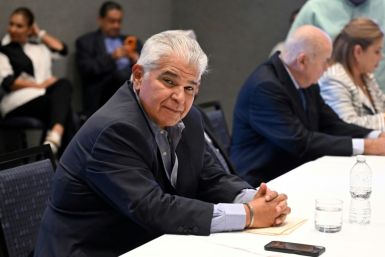Victoria to build solar power equipment in breakthrough deal with Chinese company

Melbourne is set to build a new $5 million manufacturing plant for solar power equipment, after a deal was struck between local technology company RayGen Resources and a Chinese joint venture partner. The deal is likely to create more than 200 jobs in the city.
RayGen Resources has partnered with JuYe Solar in an attempt to expand its manufacturing business in Blackburn over the next five years. The agreement will see up to 500 megawatts of concentrated solar PV plants built in China using RayGen’s technology. Receivers for concentrated solar photovoltaic systems would be produced by the new factory and sold to the state-run China Three Gorges New Energy Company (TGNEC).
According to the ABC, an initial investment of AU$2.5 million by JuYe Solar will help RayGen commercialise its research and development. It is typical for China to manufacture and sell its products to Australia, but the new deal will reverse this practice.
“From a manufacturing perspective [our Chinese partners] will manufacture a large percentage of the total product,” RayGen's chief executive Robert Cart said. “The part that we make is just the key high-tech component -- the actual device that turns the sunlight to electricity, and we provide the software.”
Victoria Premier Daniel Andrews, who has visited China, said he is looking forward to the deal and hopes for a great start. In an interview with the 774 ABC Melbourne, Andrews said that this deal involves the best technology in terms of solar power panel. The deal, although small in nature, would reap large benefits and has the potential to grow over time.
Andrews also believes that Victorian ministers should visit China every year as part of the strategy to build greater trade relations with the country. He confirmed that the deal involved a trade of AU$20 billion between China and Victoria.
Economist Saul Eslake said Victoria should focus on capitalising with the changing Chinese economy. "[That] will potentially create more demands for things that Victoria is capable of producing at the same time as it's creating less demand for the sort of things that have created such wealth for Western Australia," he added.
On Tuesday, Cart spoke on the support that the company received from the Victorian government and the significant role it played to bring about commercial opportunities for its utility-scale solar power solution, reported Reneweconomy.
Contact the writer at feedback@ibtimes.com.au, or let us know what you think below.






